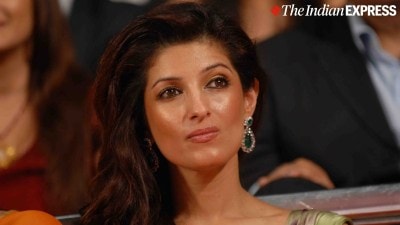Code conundrum
The state shall endeavour to secure for the citizen a uniform civil code throughout the territory of India. These words from Article 44, a d...

The state shall endeavour to secure for the citizen a uniform civil code throughout the territory of India. These words from Article 44, a directive principle of the Constitution, have been the cause of a great deal of controversy in post-Partition India. And controversy erupted once again almost as soon as the Supreme Court came out in strong support of a common civil code on Wednesday. While the BJP welcomed the apex court8217;s stand with alacrity, the All India Muslim Personal Law Board considered the suggestion unacceptable in a country as diverse as India.
These predictably opposing responses reveal the complexity of the issue. The debate has been marked by opportunism and bad faith. It has seen the Congress enact the shocking Muslim Women Protection of Rights on Divorce Act in 1986 that denied maintenance to thousands of deserted Muslim wives. It has seen the BJP cynically deploy it as an electoral weapon to garner votes. What should be perceived as a matter of defining an individual8217;s rights 8212; particularly a woman8217;s rights 8212; against the broad rubric of community rights, deteriorates instantly into a 8220;majority versus minority8221; issue. One group wishes to enact a common civil code with the express purpose of bludgeoning their 8220;opponents8221; into submission, getting them to yield what they their opponents perceive as autonomous space to decide on how they should conduct their personal affairs. The other wishes to latch on to the progressive idea of diversity as a protective armour to deny any movement toward meaningful legal reform. The deteriorating climate of communal harmony has not helped. A situation in which minorities feel threatened is not conducive to informed discourse. It, then, cannot progress beyond basics to the point that the chief justice, V.N. Khare, made in Wednesday8217;s judgement when he observed that there is no necessary connection between religious and personal law in a civilised society.
Legal and political activists have, therefore, argued that the most sensible way out of this conundrum is to sidestep the issue of a uniform civil code, for the moment, and work toward evolving laws in those areas that have remained unlegislated 8212; as, for instance, on matrimonial property. Simultaneously, civil society groups working with minority and religious groups could both foster and encourage legal reform from within. There was also the radical suggestion that individuals could be given the right to opt out of the ambit of their own community laws in favour of a secular legal regime, should he/she so choose. The challenge before the nation really is to move out of the fractious bi-polar responses of yore and search for new ways to ensure an individual8217;s rights, even as community identities continue to be protected.
- 01
- 02
- 03
- 04
- 05































